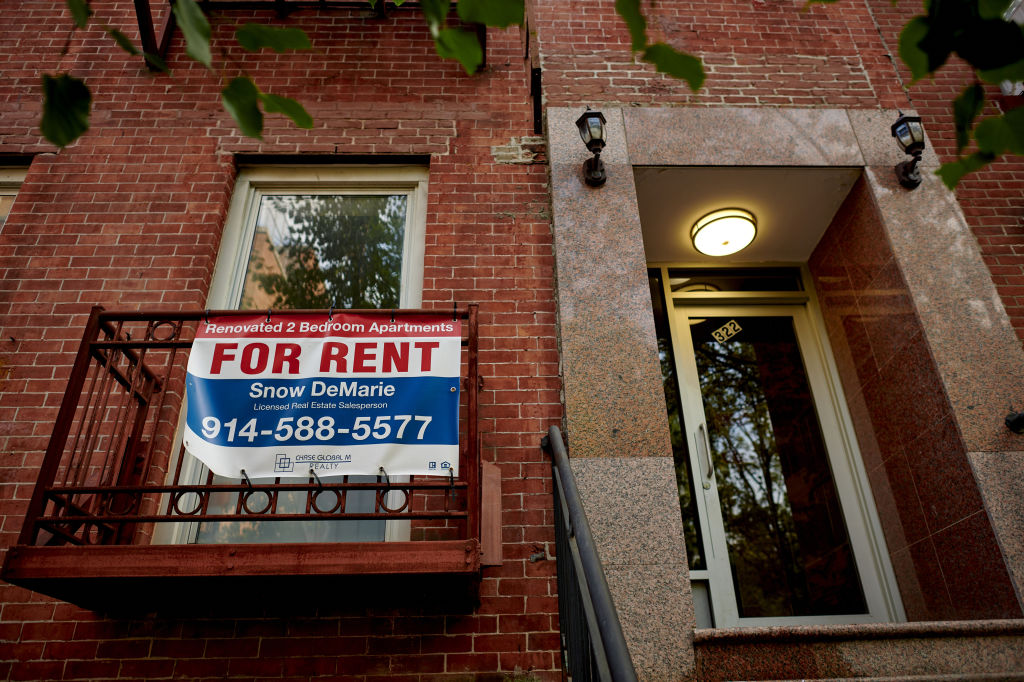

Why Landlords Are Pushing the Supreme Court to End Rent Control
Landlords are pushing the Supreme Court to end rent control for several reasons, which can be attributed to economic, legal, and practical considerations. Here is a detailed answer highlighting these factors:
1. Economic considerations:
a) Reduced profitability: Rent control laws often restrict the amount landlords can charge for rent, limiting their ability to increase rental rates in response to market demand. This can lead to reduced profitability for landlords, especially in areas with high demand and limited supply.
b) Maintenance and investment: Rent control can discourage landlords from investing in property maintenance and improvements. Limited rental income may make it difficult for landlords to allocate funds for repairs, renovations, or upgrades, potentially leading to deteriorating living conditions for tenants.
2. Legal considerations:
a) Property rights: Landlords argue that rent control infringes upon their property rights, as it interferes with their ability to freely set rental prices. They contend that this violates the Fifth Amendment's Takings Clause, which prohibits the government from taking private property for public use without just compensation.
b) Unequal treatment: Some landlords argue that rent control laws unfairly target a specific group of property owners, as they impose restrictions on a select few while leaving others unaffected. This unequal treatment may be seen as a violation of the Fourteenth Amendment's Equal Protection Clause.
3. Practical considerations:
a) Supply and demand imbalance: Rent control can exacerbate housing shortages by discouraging landlords from entering the rental market or incentivizing them to convert rental units into other uses. This reduction in housing supply can lead to increased competition among tenants, resulting in longer waitlists and higher rental prices for uncontrolled units.
b) Market distortions: Rent control can disrupt the natural functioning of housing markets by artificially suppressing rental rates. This can lead to misallocations of housing resources, with tenants occupying units that may not be the best fit for their needs, while others face difficulties finding suitable housing due to limited availability.
Examples and references:
1. Economic considerations:
a) Reduced profitability: In San Francisco, where rent control has been in place since 1979, a study by Stanford economists found that rent control reduced rental housing supply by 15% and increased rental prices by 5.1% compared to nearby cities without rent control (Diamond, McQuade & Qian, 2018).
b) Maintenance and investment: A study by the National Bureau of Economic Research found that rent control in Cambridge, Massachusetts led to a 14% decrease in property maintenance spending (Glaeser, Kallal, Scheinkman & Shleifer, 1992).
2. Legal considerations:
a) Property rights: In the case of Yee v. City of Escondido (1992), the Supreme Court upheld rent control regulations, but the dissenting opinion of Justice Scalia argued that rent control amounted to a taking of property without just compensation.
b) Unequal treatment: In the case of Harmon v. Markus (1977), the Supreme Court struck down a New York City rent control law, ruling that it violated the Equal Protection Clause by arbitrarily distinguishing between different types of rental properties.
3. Practical considerations:
a) Supply and demand imbalance: In cities like New York and San Francisco, where rent control is in place, long waitlists for controlled units are common, and uncontrolled units often experience much higher rental prices due to increased demand (Klein, 2018).
b) Market distortions: A study published in the Journal of Urban Economics found that rent control in Stockholm, Sweden led to a significant mismatch between tenants and rental units, with many tenants occupying larger units than they needed, while others faced difficulties in finding suitable housing (Bengtsson & Engström, 2011).
It is important to note that while these arguments are often put forth by landlords, there are also counterarguments in favor of rent control, emphasizing its role in protecting tenants from excessive rent increases and ensuring affordable housing options. The debate surrounding rent control is complex and multifaceted, with various perspectives and considerations to be taken into account.
Related Posts
© 2025 Invastor. All Rights Reserved

User Comments
Augustus Villa
2 years ago
Sell it! Sell it! Sell it! Stop hoarding housing greedy fucks!
Kamden Roy
2 years ago
What a great time to happen with the chinese real estate bubble getting ready to blow.
Ronin Meza
2 years ago
Sure! Let's make things even more unaffordable!
Adan Larsen
2 years ago
My property management is raising my rent to match inflation come next month, it’s already over priced and I live in a gang infested area. And I make a decent salary at a big tech company but have to live here if I want more than half my paycheck. We desperately need affordable housing and Federal housing to fund new apartment construction, otherwise there will just be landlords price gauging because of the lack of supply.
Maximillian Conley
2 years ago
Man I really hope all the landlords of the world have a nice time.
Jamison Davenport
2 years ago
Best rent control the country could ever do is ban investment companies from buying residential properties.
Roberto Huff
2 years ago
That's a fine policy argument and probably why most jurisdictions have not adopted rent control. However, it's not an argument rent control is unconstitutional. Finding rent control unconstitutional would overturn existing law.
Kashton Rocha
2 years ago
I dont know what type of rent control you guys have but my city (vienna) this simply isnt true. But it takes will from the policy makers to not only allow "high-end" appartement construction
Drake Cameron
2 years ago
the data pretty clearly shows that rent control works, and this is shown by the cost of all surrounding non-rent controlled units ballooning out of control. Eliminating rent control would do nothing but make those rents balloon out of control as well.
Philip Hood
2 years ago
There are plenty of ways to do the right thing for land, rent and housing. It’s just that nobody is doing a damn thing.